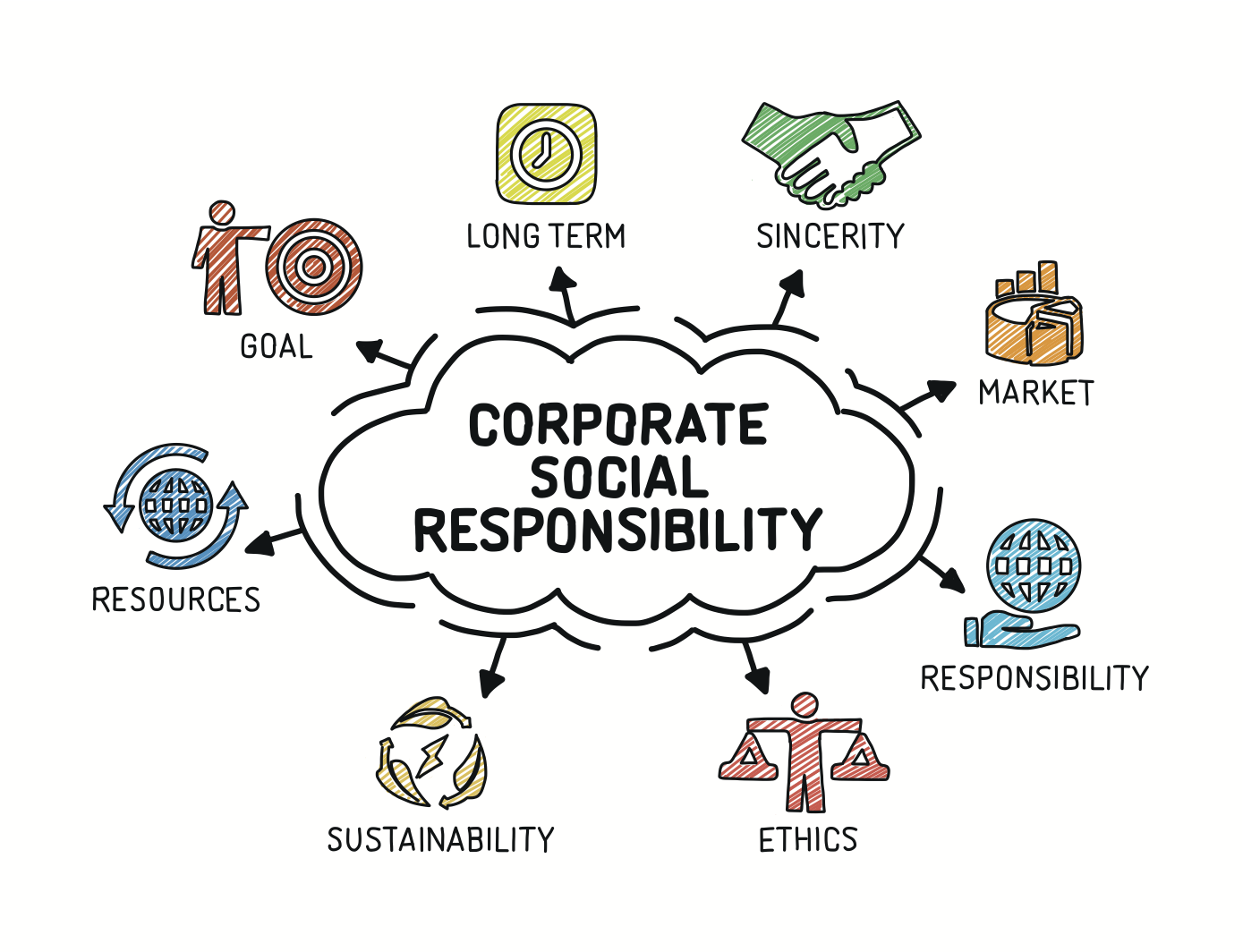Elevating Corporate Social Responsibility – The Future of Business and Entrepreneurship
In today’s fast-paced and interconnected world, corporate social responsibility (CSR) has become more than just a buzzword; it has become a vital aspect of business and entrepreneurship. As society becomes increasingly conscious of the impact businesses have on the environment, communities, and various stakeholders, incorporating CSR into business strategies is no longer a choice, but a necessity. In this blog post, we will explore the importance of elevating corporate social responsibility and how it can shape the future of business and entrepreneurship.
1. Understand the Meaning of CSR
Corporate social responsibility refers to the initiatives and actions undertaken by businesses to contribute to a sustainable and ethical society. It entails efforts to assess and take responsibility for the impact a company has on the environment, employees, customers, communities, and other stakeholders. It goes beyond profit-making and involves considering the social, environmental, and economic footprint of business operations.
2. Integration of CSR in Business Strategies
Integrating CSR into business strategies is crucial for long-term success and sustainability. Companies that actively engage in responsible practices tend to build stronger relationships with customers, employees, and stakeholders, leading to brand loyalty and positive reputation. Embracing CSR can help attract and retain top talent, as many employees today prioritize working for companies that align with their values.
3. Environmental Stewardship
One key aspect of CSR is taking measures to reduce a company’s environmental impact and promote sustainability. Implementing eco-friendly practices such as energy conservation, waste reduction, and carbon footprint reduction not only benefit the planet but also save costs in the long run. Businesses can actively seek ways to reduce reliance on non-renewable resources, explore renewable energy options, and adopt sustainable production methods.
4. Social Impact
Businesses should also consider their social impact and actively contribute to the well-being of communities. This can be achieved by supporting local initiatives, donating to charitable causes, and engaging in philanthropic activities. Additionally, businesses can encourage employee volunteerism and foster a culture of giving back to society. By addressing societal challenges, companies can help create a more equitable and inclusive world.
5. Responsible Supply Chains
Ensuring responsible and ethical practices throughout the supply chain is another critical element of CSR. Companies should work towards fair labor practices, transparency, and accountability from suppliers. By partnering with socially responsible suppliers, businesses can contribute to the improvement of working conditions and overall supply chain sustainability.
6. Impact Investing
A growing trend in the field of CSR is impact investing. Impact investors seek to generate measurable social and environmental impact alongside financial returns. This approach encourages businesses and entrepreneurs to identify and invest in ventures that address critical societal challenges, such as clean energy, education, healthcare, and poverty alleviation. Impact investing not only creates positive change but also has the potential for substantial returns on investment.
7. Reporting and Transparency
Transparency is crucial in CSR initiatives. Businesses should be open about their goals, progress, and impact. Regular reporting allows stakeholders to track the company’s performance and hold it accountable. Utilizing sustainability reports and publishing them on company websites can increase transparency and build trust in the brand.
8. Collaboration and Partnerships
Lastly, collaboration and partnerships play a vital role in advancing CSR efforts. Businesses can team up with like-minded organizations, NGOs, and governmental bodies to develop joint initiatives and scale their impact. Collaborative approaches allow for shared knowledge, resources, and networks, contributing to a greater societal change.
In conclusion, elevating corporate social responsibility is not just a moral obligation; it is a strategic imperative for businesses and entrepreneurs. By integrating CSR into their strategies, companies can create positive environmental and social impacts while simultaneously achieving long-term success. Embracing CSR will not only benefit society but also enhance brand reputation, attract top talent, and foster innovation. As we move toward the future, businesses that prioritize CSR will lead the way in shaping a more sustainable and ethical world.











